What is a Tummy Tuck?
A tummy tuck, also known as abdominoplasty, is a surgical procedure that aims to reshape the abdomen It can correct excess skin laxity, often caused by pregnancy, significant weight loss, or natural aging.
Different Tummy Tuck Techniques
There are several tummy tuck techniques, the choice of which depends on the extent of skin laxity and the patient’s goals:
- Classic tummy tuck: The most common technique, it involves removing an ellipse of skin and fat from the lower abdomen and then tightening the remaining skin.
- Mini tummy tuck: A less invasive technique, it is indicated for patients with moderate skin laxity.
- Fleur-de-lis tummy tuck: A specific technique for patients with sagging skin in the pubic area.
Benefits of a Tummy Tuck
- Abdominal tightening: A tummy tuck can remove excess skin and fat and tighten the remaining skin for a firmer and flatter stomach.
- Body contouring: A tummy tuck can slim the waistline and improve body proportions.
- Correction of diastasis recti: A tummy tuck can also correct a separation of the abdominal muscles.
Befor Tummy Tuck
Consultation with a Specialist:
- Schedule a consultation with a board-certified plastic surgeon to discuss your goals, expectations, and medical history. Ensure you understand the procedure and its potential risks and benefits.
Medical Evaluation:
- Undergo a comprehensive medical evaluation to assess your overall health, including any pre-existing medical conditions, medications, and allergies. Your surgeon will determine if you’re a suitable candidate for the procedure.
Quit Smoking and Alcohol:
- Quit smoking and avoid alcohol consumption for a few weeks before the surgery, as they can interfere with healing and increase the risk of complications.
Maintain a Healthy Diet and Exercise Routine:
- Eat a balanced diet rich in fruits, vegetables, lean proteins, and whole grains to promote healing and recovery. Engage in regular exercise to improve your overall fitness level and strengthen your core muscles.
Arrange for Help:
- Arrange for someone to assist you during the initial days after surgery, as you may need help with daily activities and mobility.
Follow Preoperative Instructions:
- Follow your surgeon’s preoperative instructions carefully, which may include guidelines on fasting, medication adjustments, and skincare routines.
Prepare Your Recovery Area:
- Set up a comfortable and supportive recovery area in your home with extra pillows, blankets, and entertainment to help you rest and relax during the recovery period.
Plan for Time Off Work:
- Plan to take time off work or other responsibilities to allow for proper rest and recovery after the surgery. Your surgeon will advise you on the recommended duration based on your individual circumstances.
Emotional Preparation:
- Prepare yourself emotionally for the surgery and recovery process by understanding the expected outcomes, potential risks, and realistic expectations. Consider seeking support from friends, family, or a therapist if needed.
Financial Planning:
- Make financial arrangements for the surgery, including consultation fees, surgical fees, anesthesia fees, and any additional costs associated with post-operative care and medications.
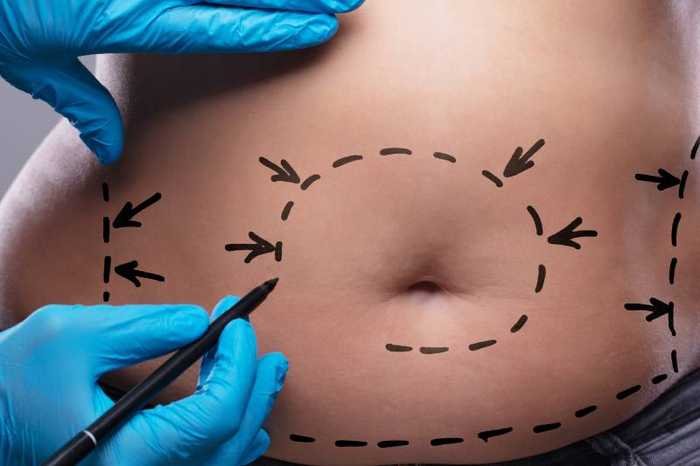
- Follow Surgeon’s Instructions: Adhere strictly to your surgeon’s post-operative instructions for optimal recovery.
- Manage Discomfort: Take prescribed pain medication as directed to manage any discomfort or pain.
- Monitor Incision Sites: Keep a close eye on the incision sites for signs of infection, such as redness, swelling, or discharge.
- Wear Compression Garments: Use compression garments as advised by your surgeon to minimize swelling and support the healing process.
- Maintain Hygiene: Keep the surgical area clean and dry to prevent infection. Follow your surgeon’s guidance on bathing and wound care.
- Avoid Strenuous Activities: Refrain from engaging in strenuous activities or heavy lifting as recommended by your surgeon to prevent complications.
- Eat Nutritious Foods: Follow a balanced diet rich in vitamins and minerals to support healing and promote overall well-being.
- Stay Hydrated: Drink plenty of water to stay hydrated, which aids in the recovery process and promotes healthy skin.
- Attend Follow-up Appointments: Attend all scheduled follow-up appointments with your surgeon for evaluation and monitoring of your recovery progress.
- Be Patient: Understand that full recovery may take time, so be patient and give your body the rest it needs to heal properly.

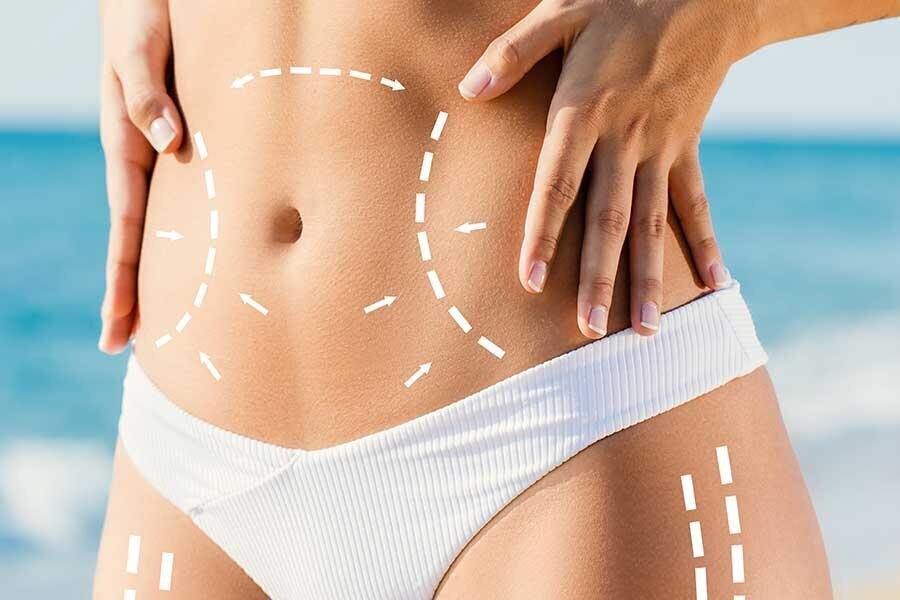



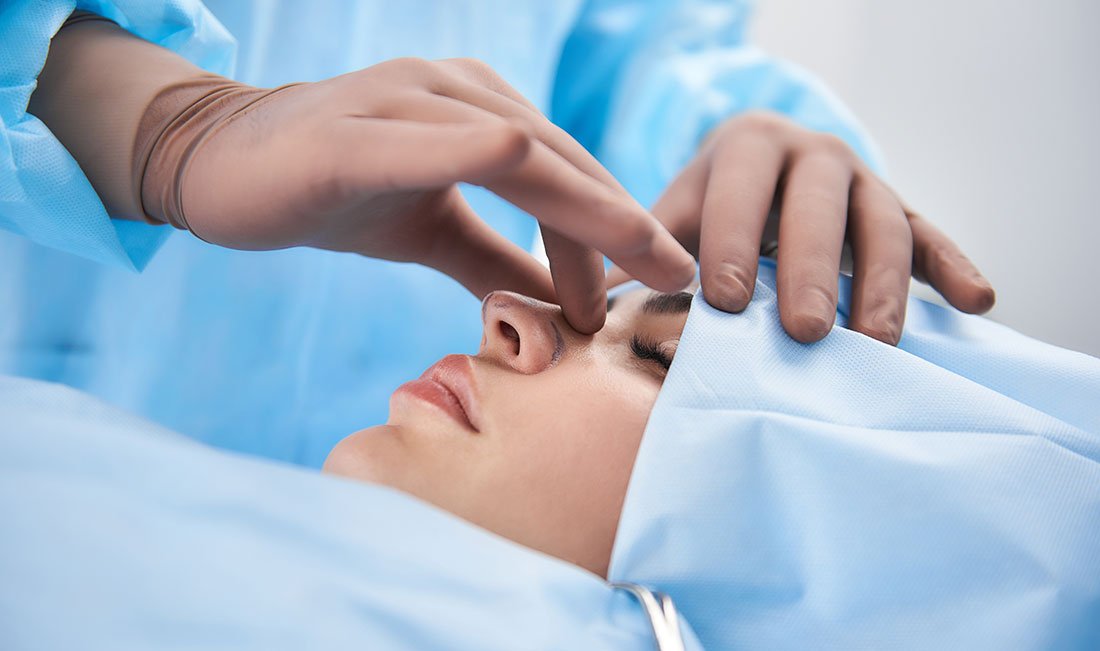


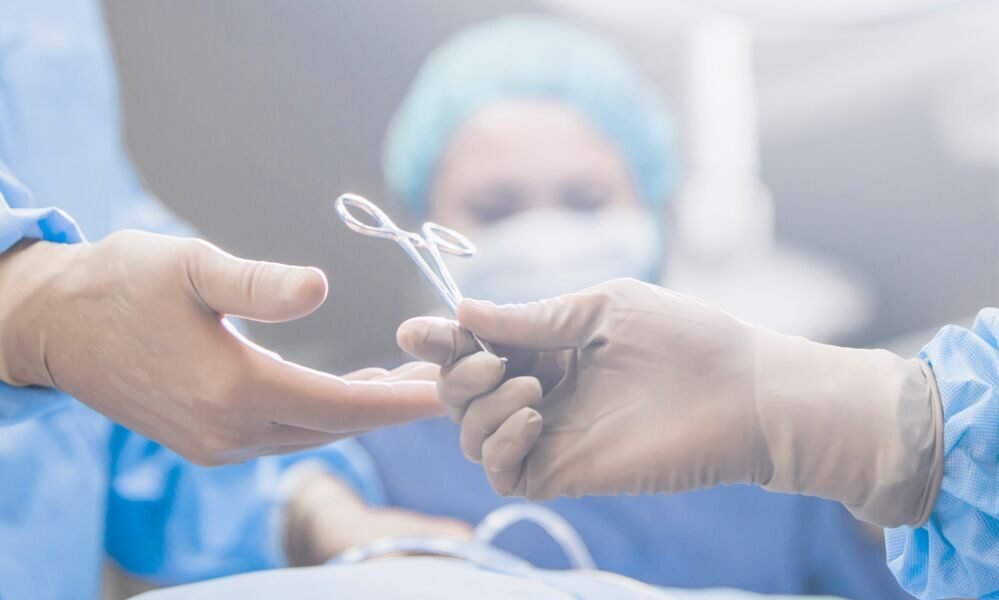


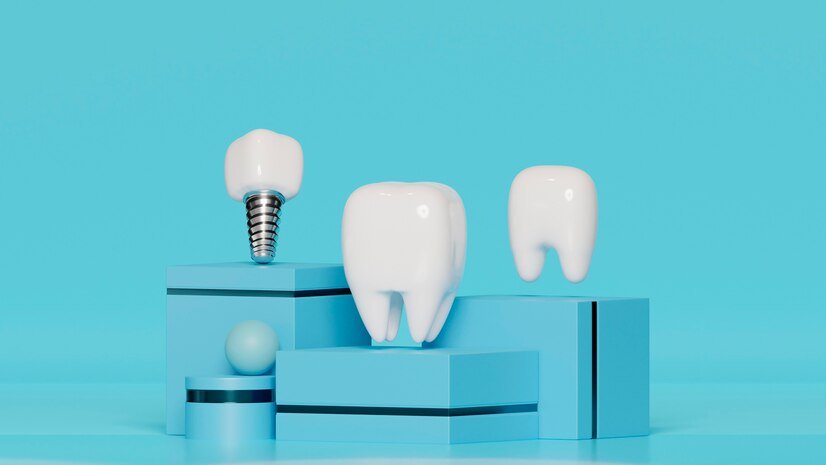

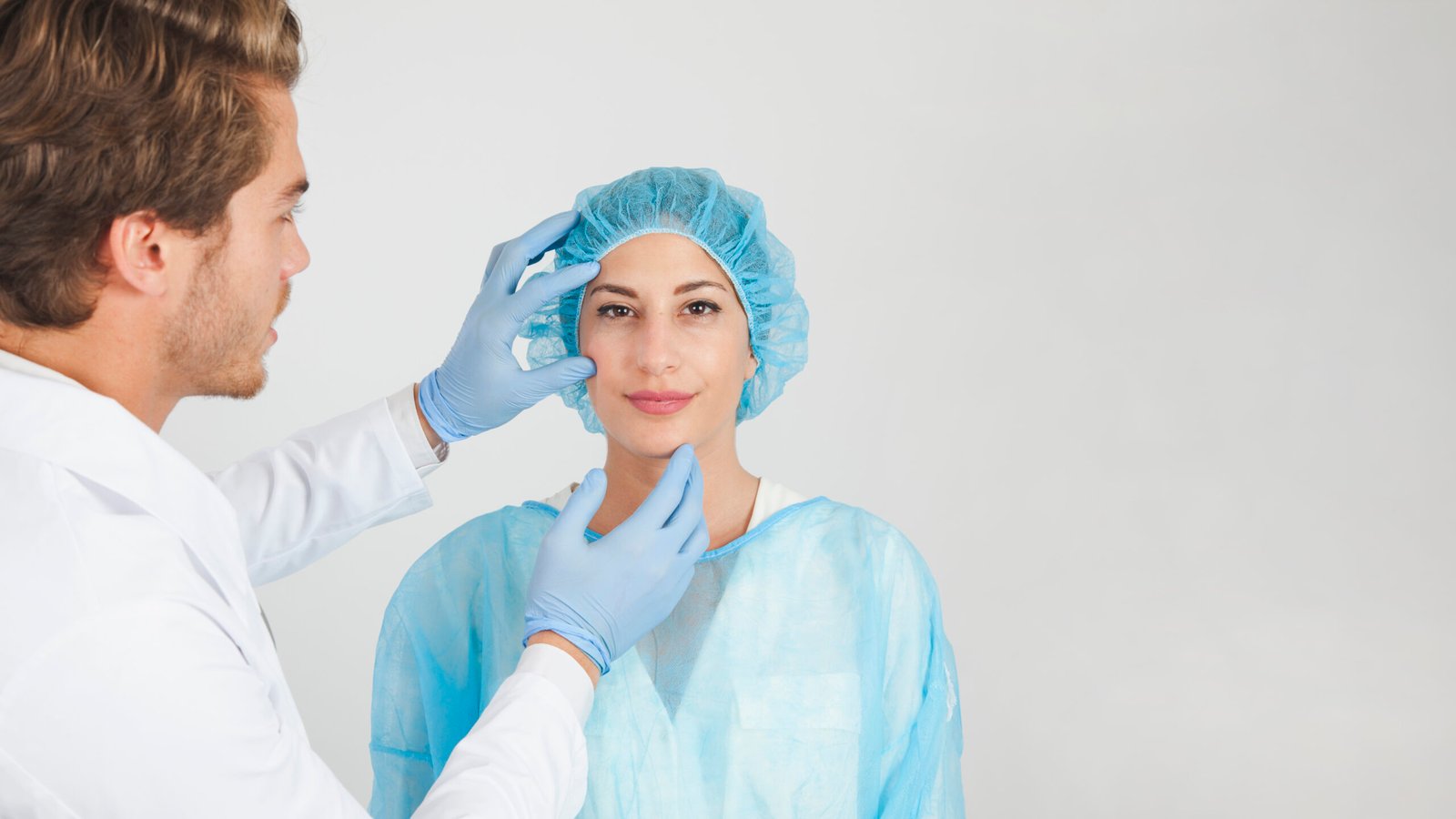
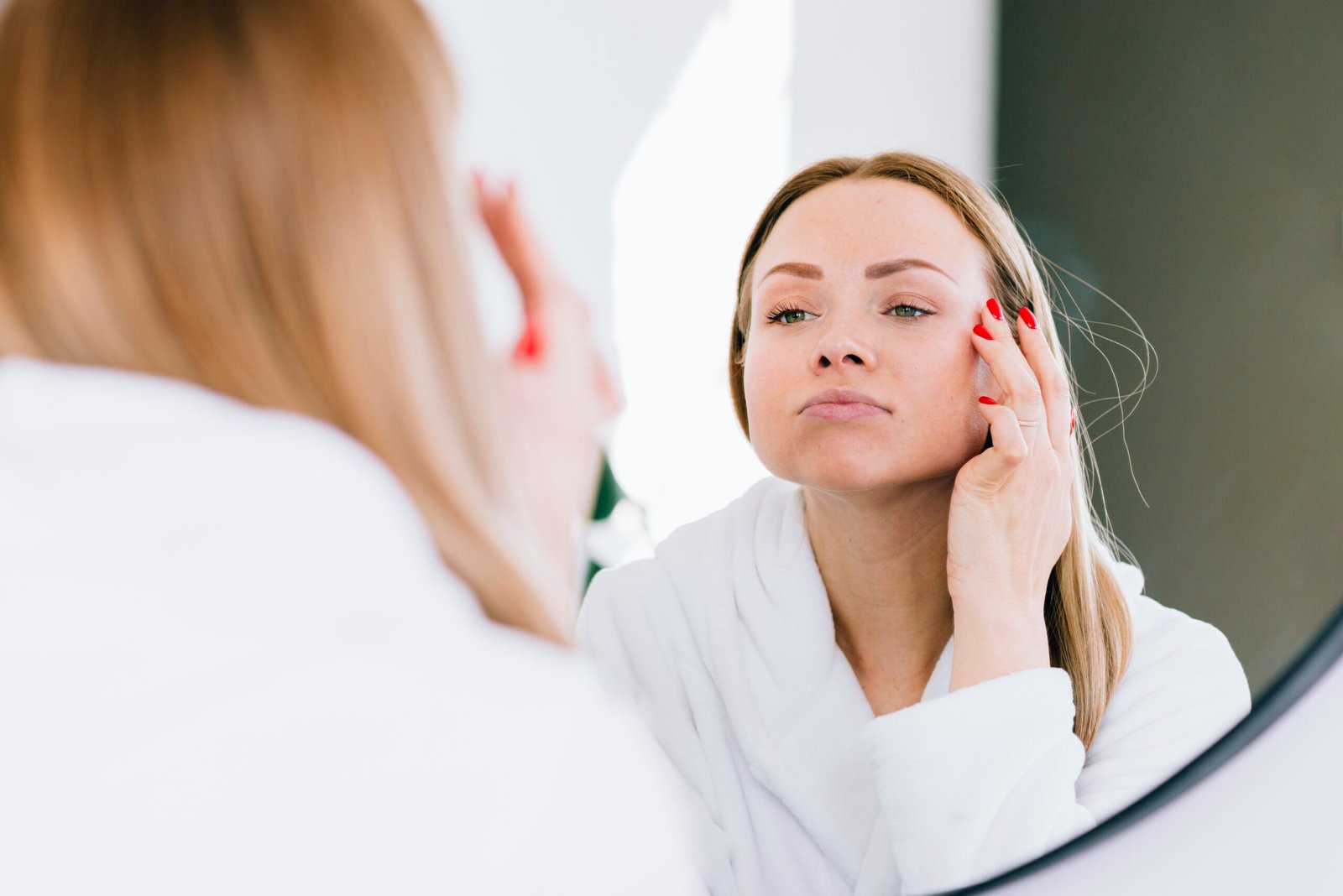

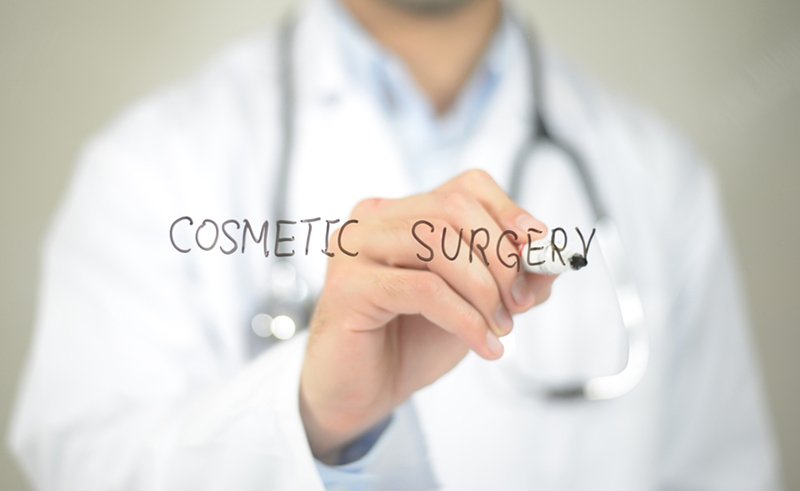
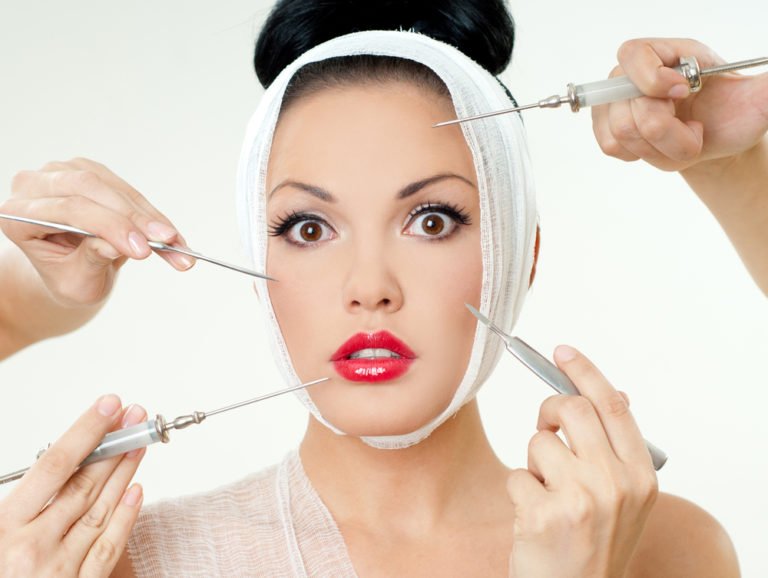


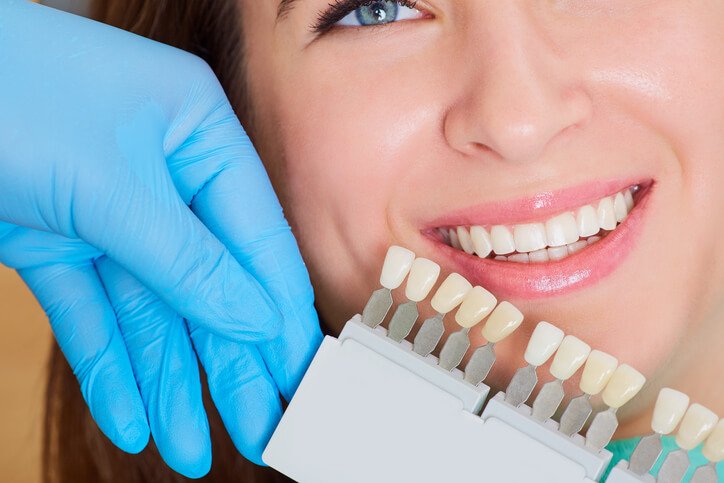
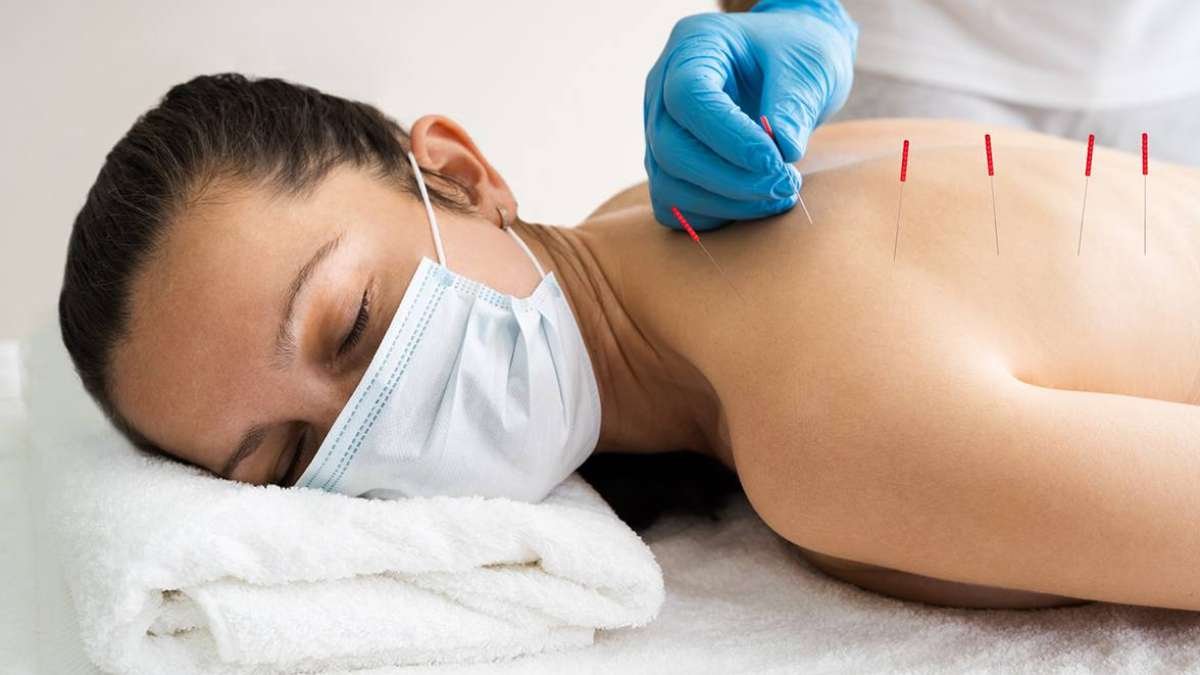
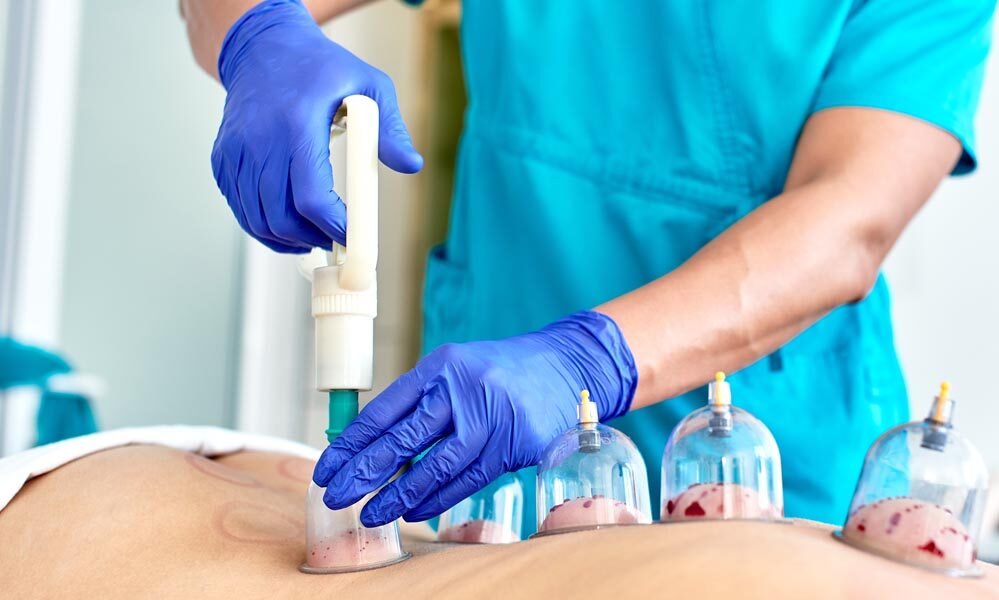

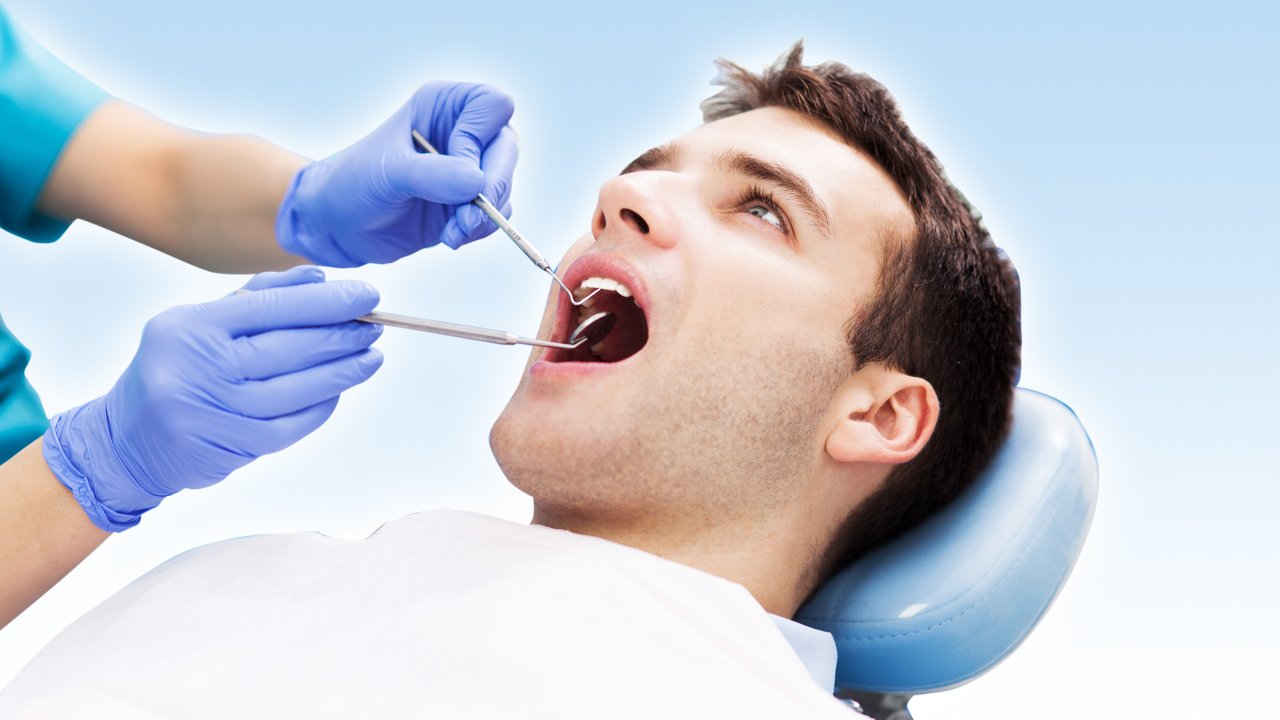
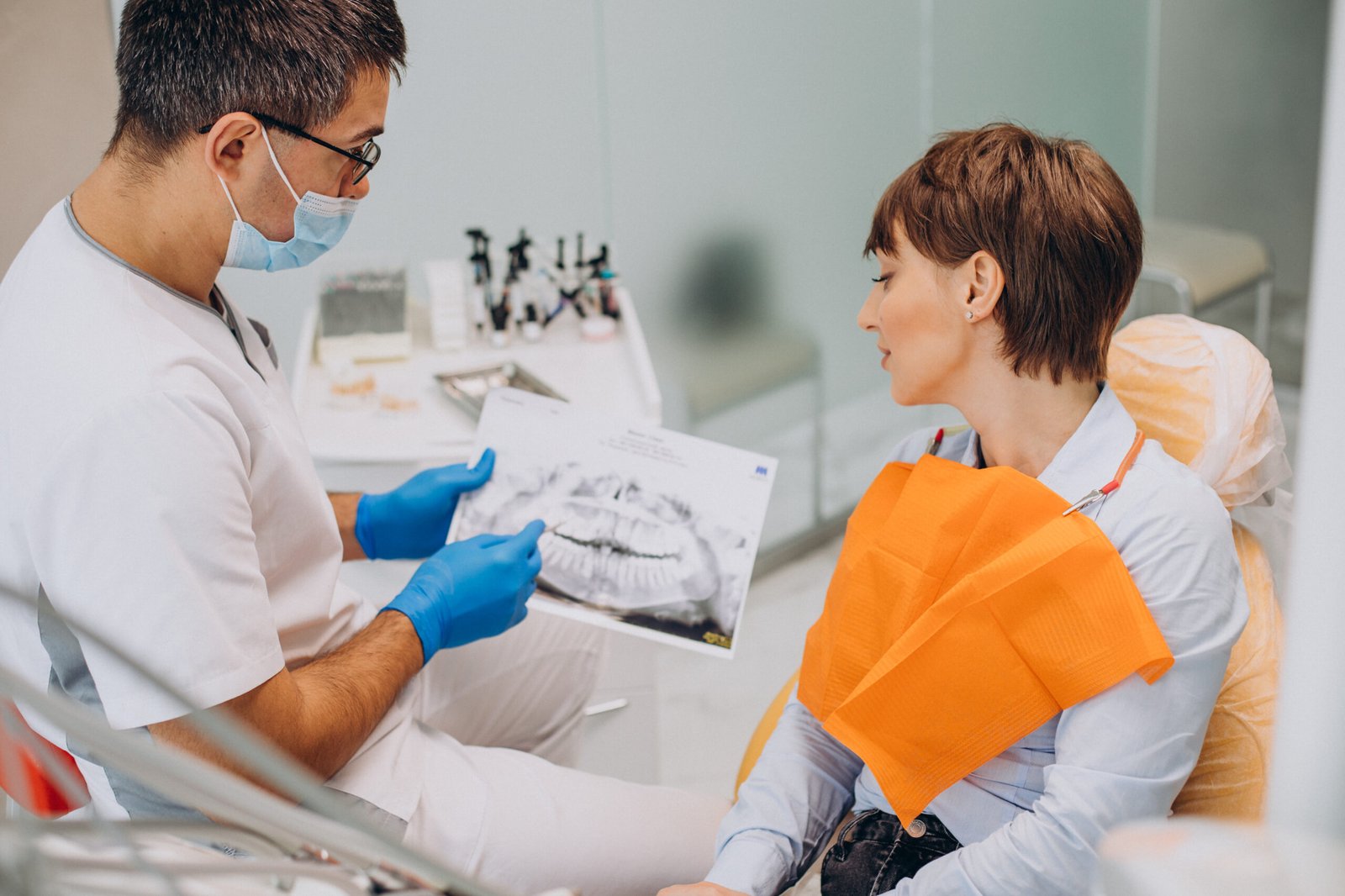
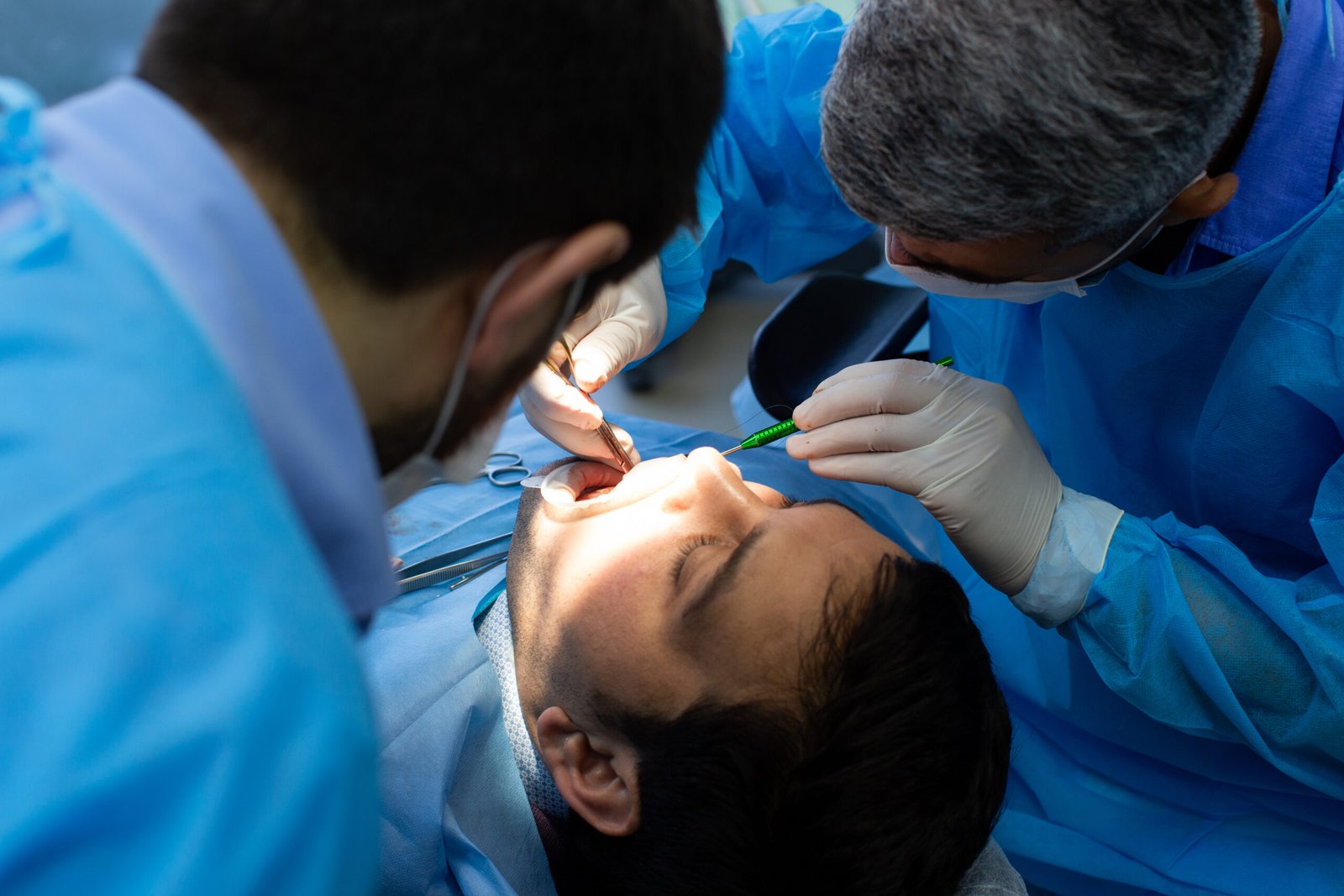

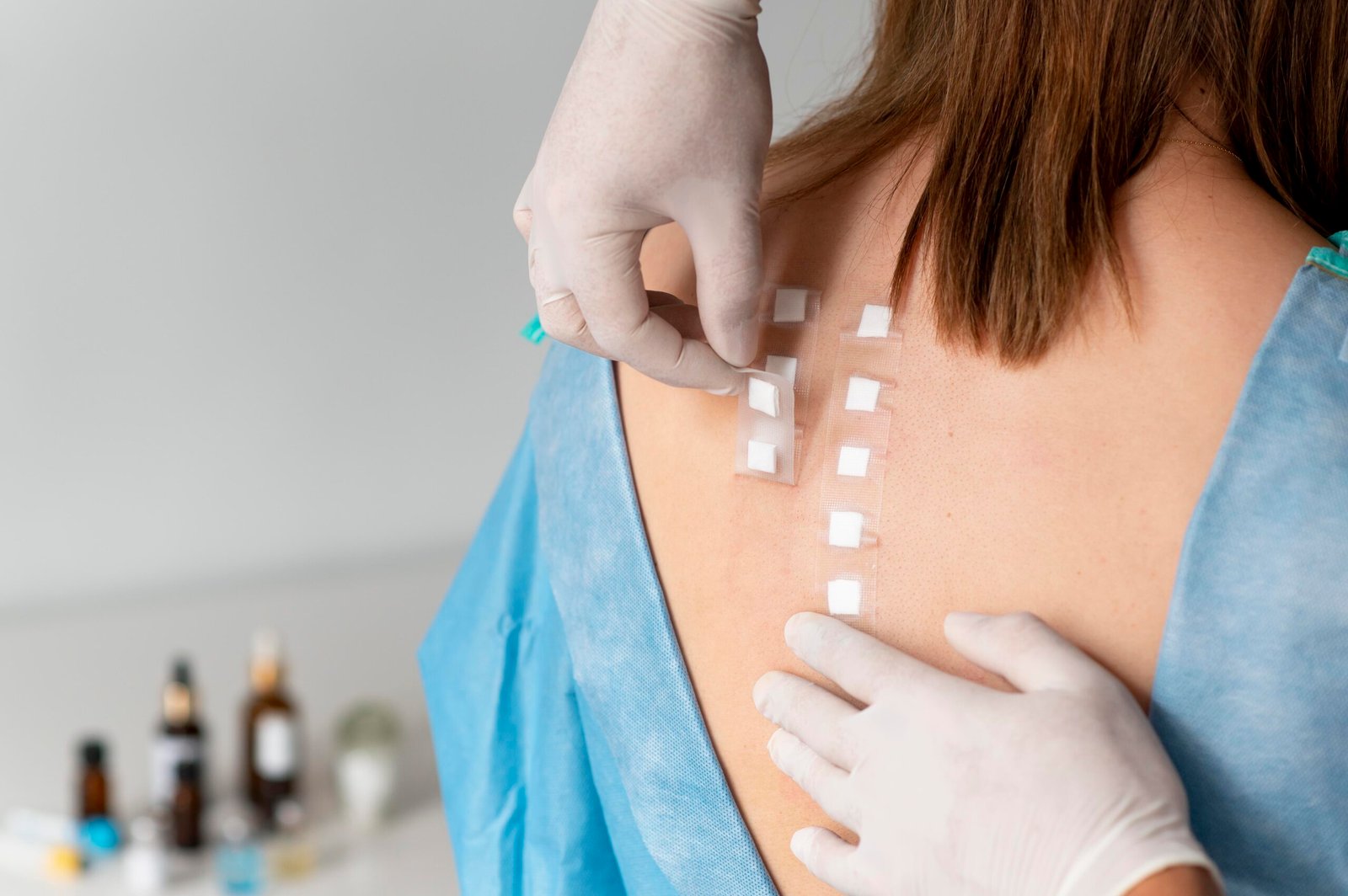



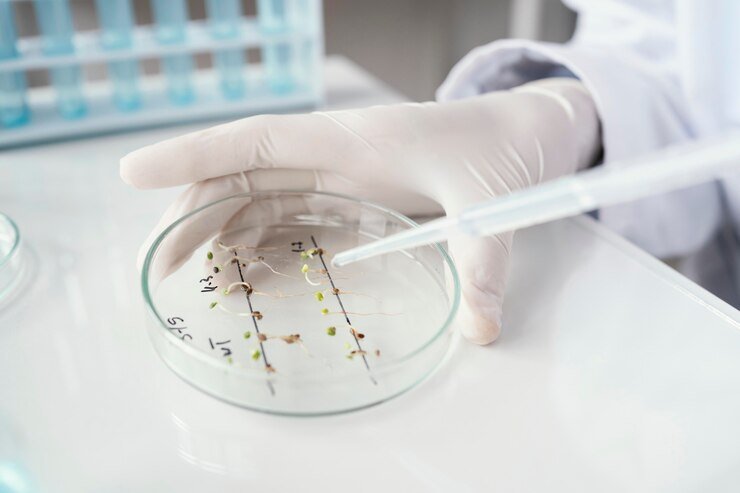






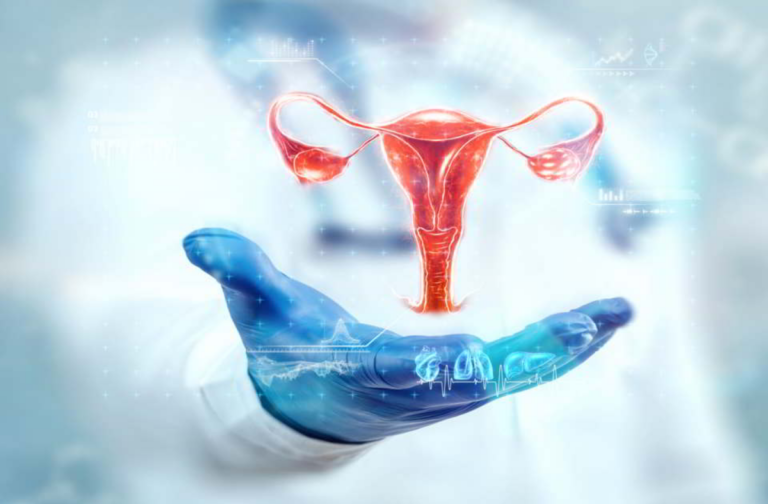



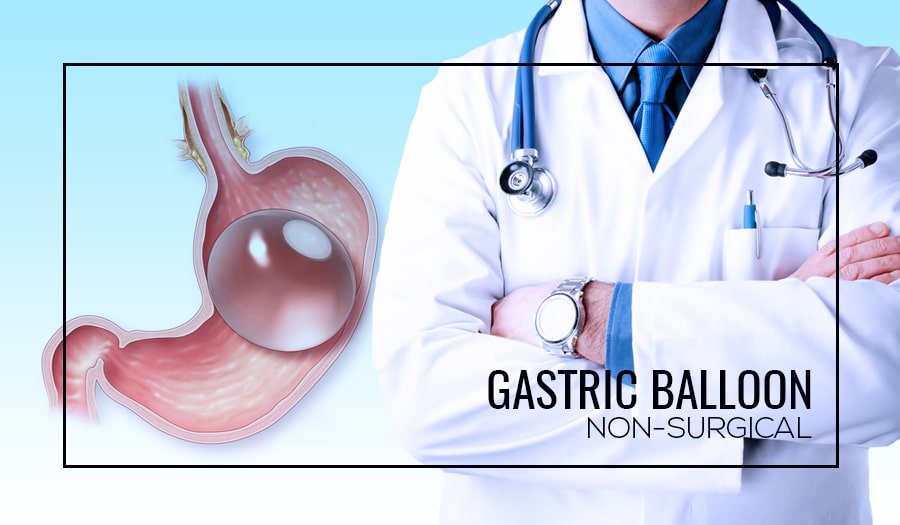
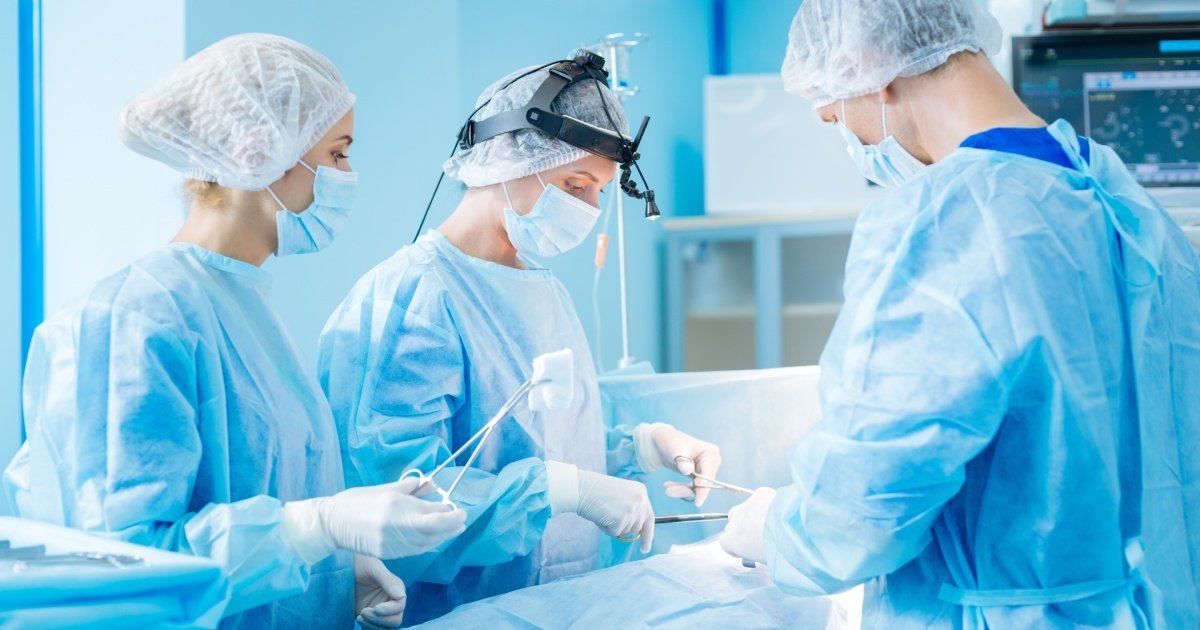


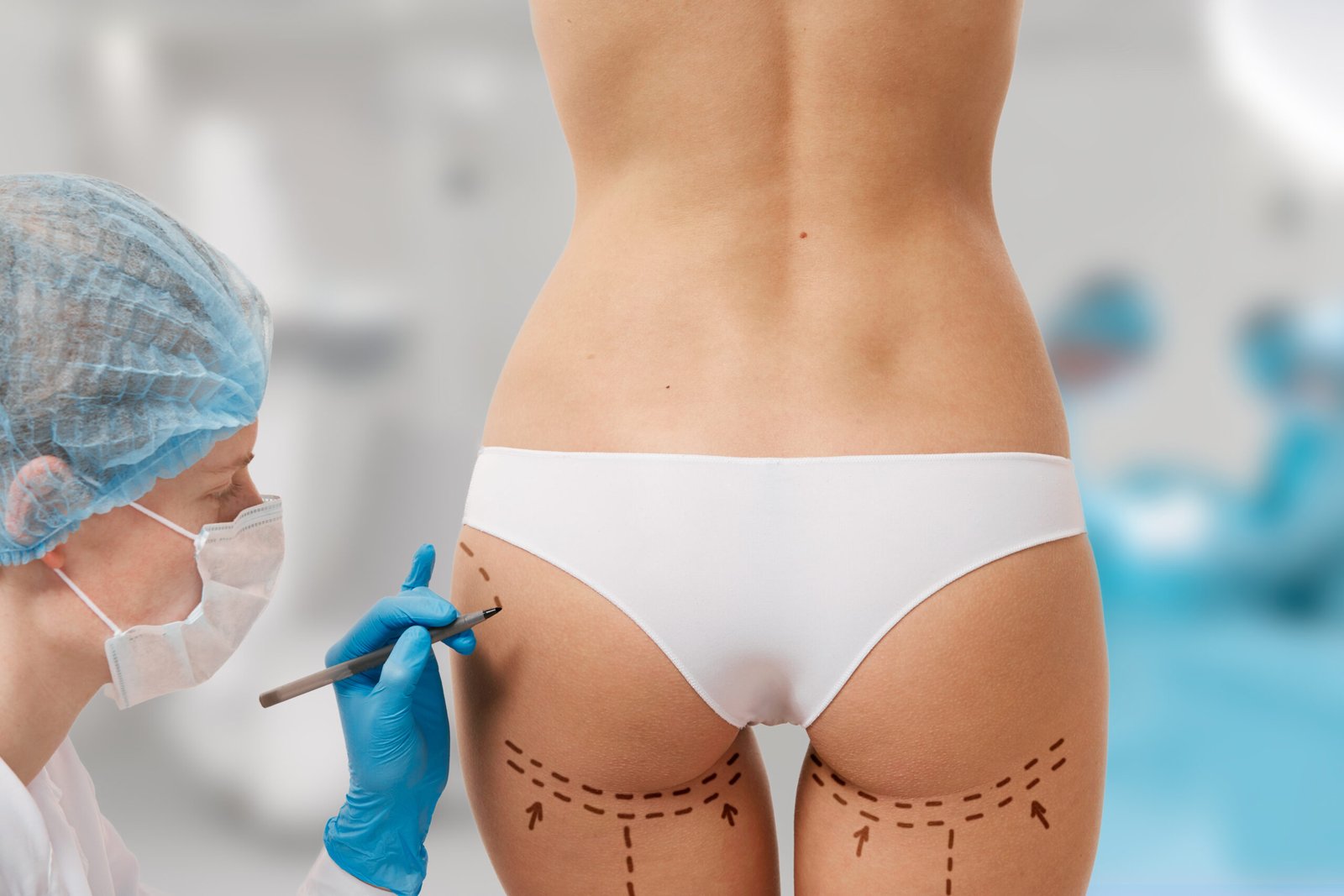
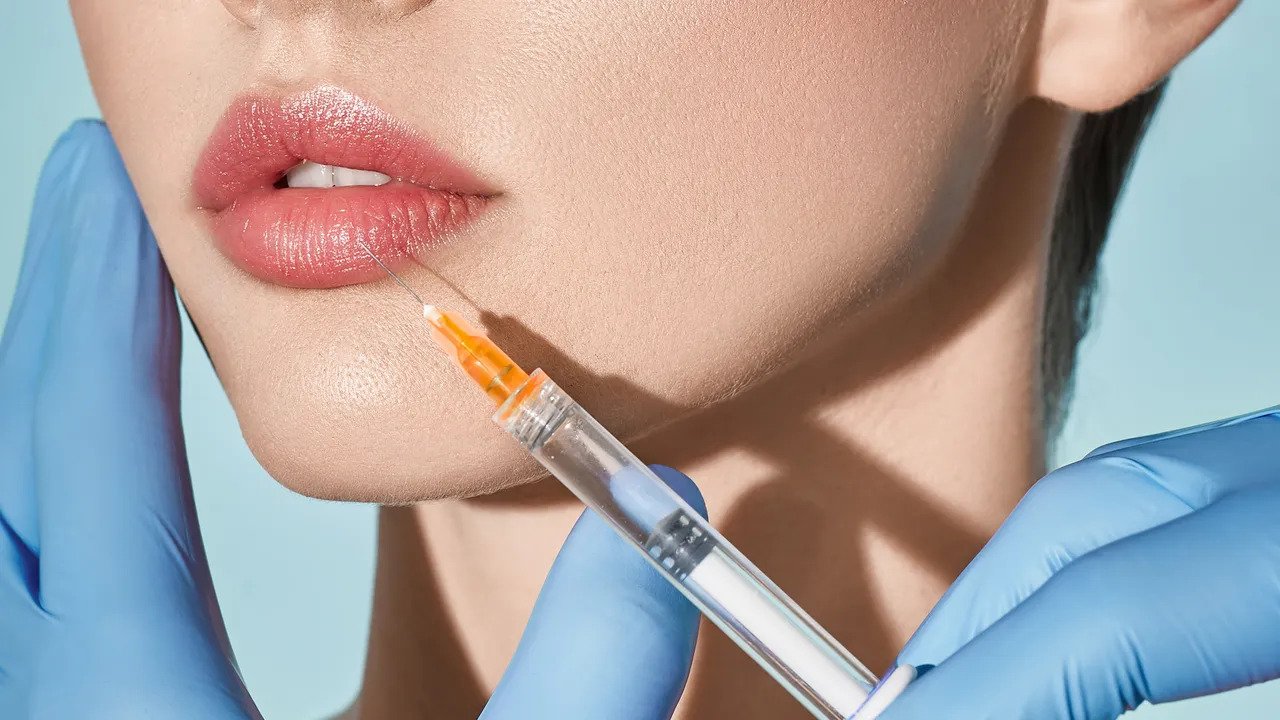
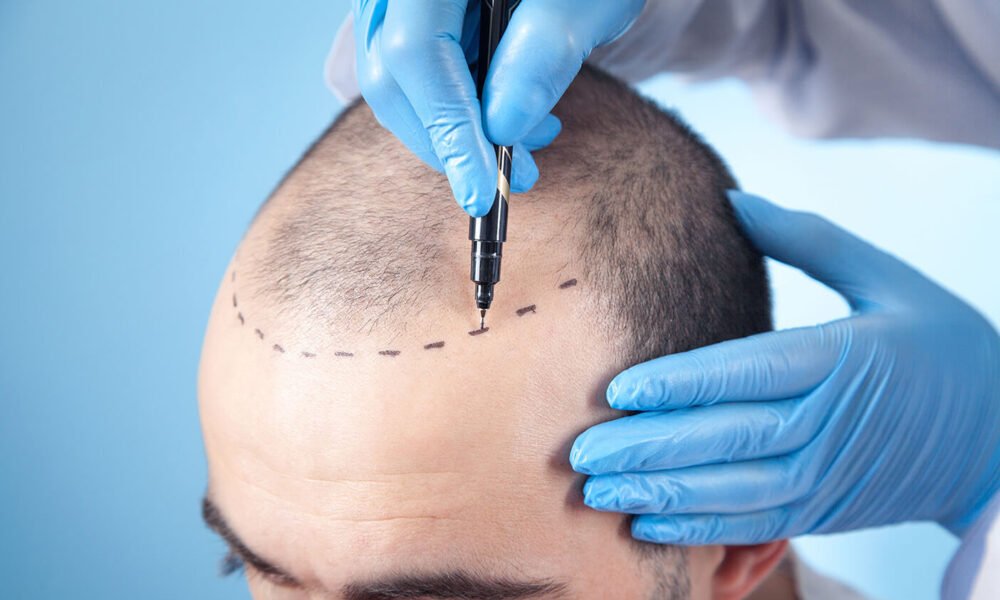
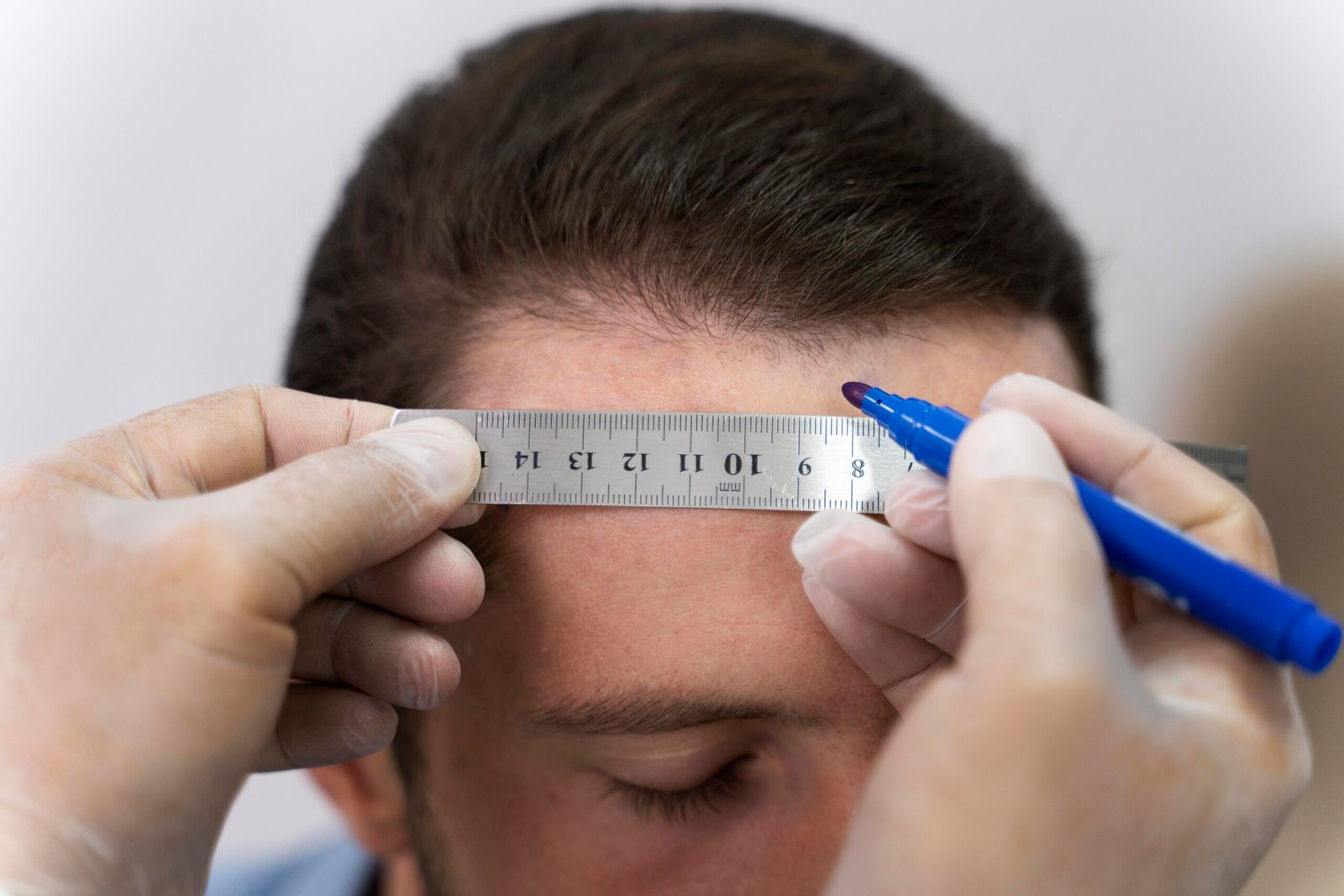
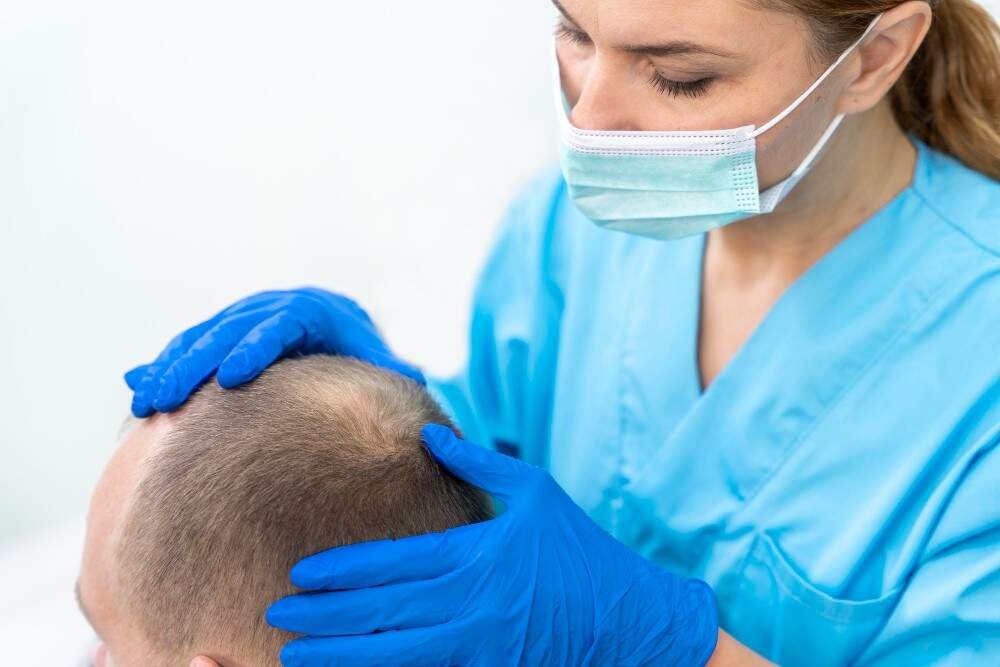

Name*
katana